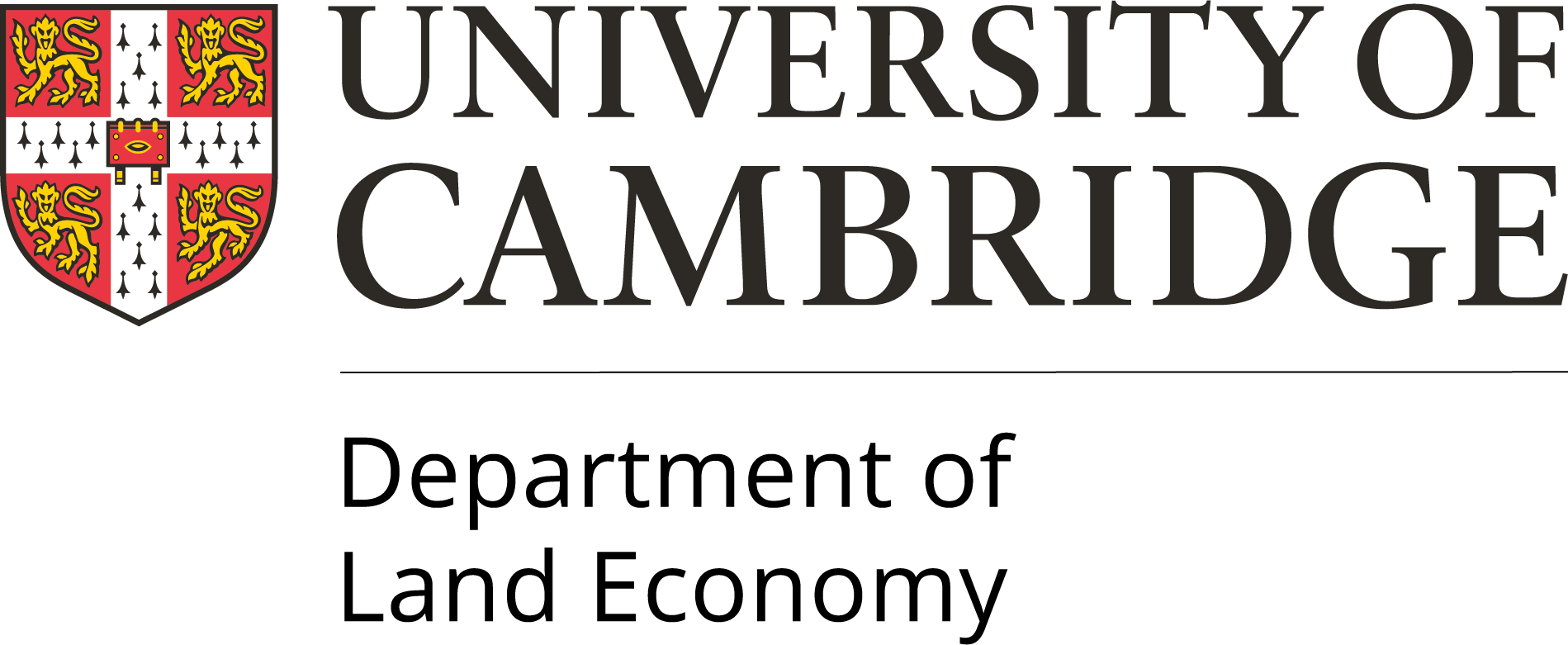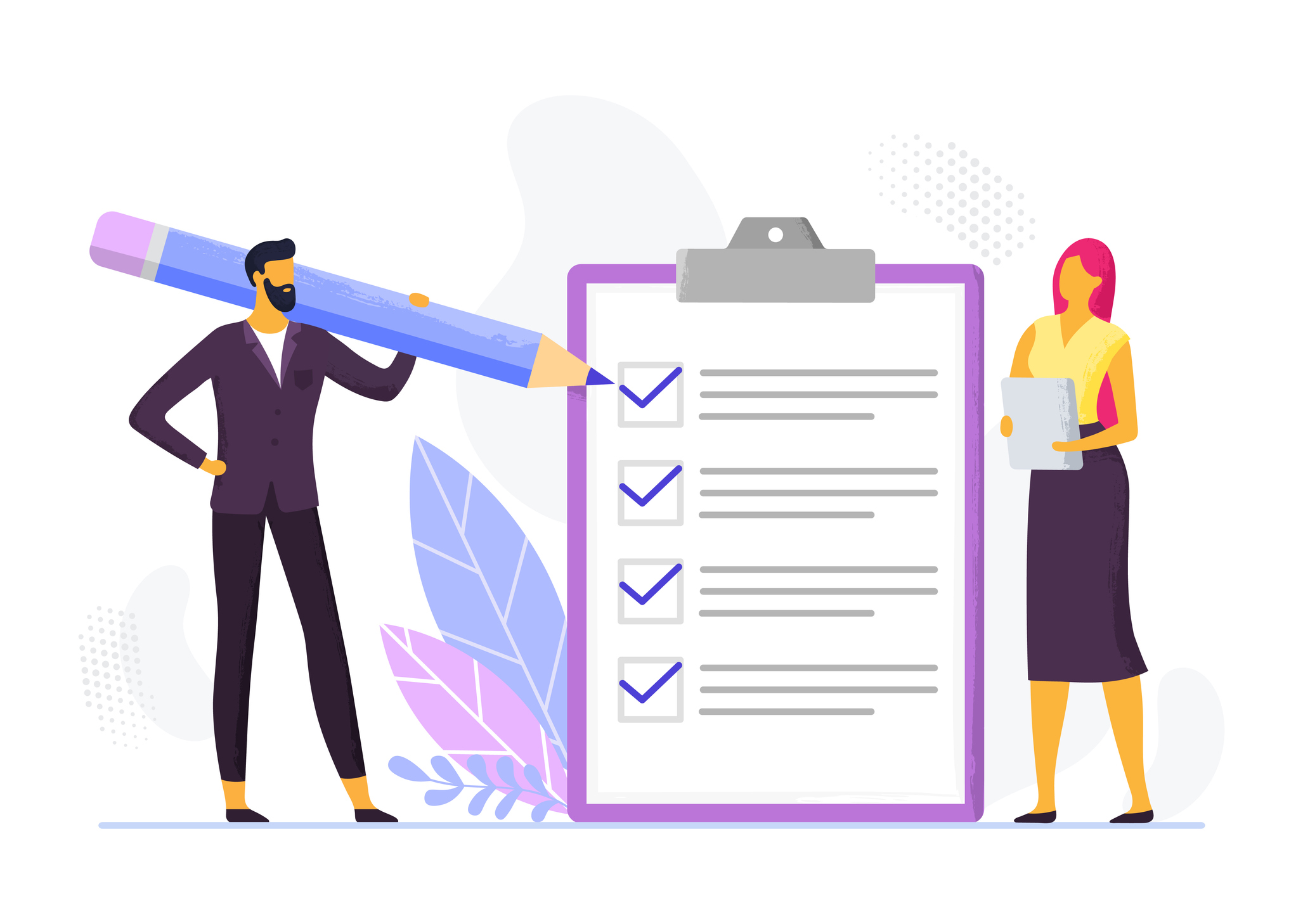What to do if you are interested in becoming a Visiting Scholar at Land Economy.
We do not take the approval of potential visiting scholars lightly; places are limited, and our scholars must be truly dedicated to the topic of research they intend to collaborate on with our academics. Our academics are busy teaching and conducting their own research and give their time voluntarily to support visiting scholars, so any application is considered carefully before final approval. Please note any offer will only be made on confirmation of full funding.
You need to find an academic in our department who has relevant research interests and is happy to support you and your research while you are visiting with us. To do this please see the “People” section of our website for our list of academic staff
You are welcome to contact the person directly (email is best) and ask if they would be interested in hosting your visit. An up-to-date CV (Resume) and short (one-page) research proposal should be attached to your request.
Visitors should note that the main activities of the Department and the University are limited to three 8-week terms per academic year (and that Easter Term is busy with exams and no teaching so opportunities to observe sessions will be less). Also, the summer holiday period between the end of June and late September is very quiet in the department, so not an ideal time to visit.
If you find an academic in the department who is happy to support you, you can then complete our VS application form and submit it with the required support documents to our Visiting Scholar Coordinator visitors@landecon.cam.ac.uk.
Please note any offer made will be conditional on confirmation of funding.

